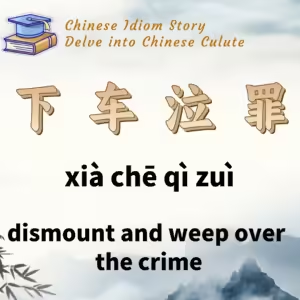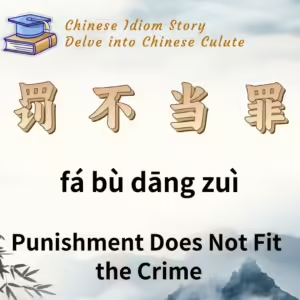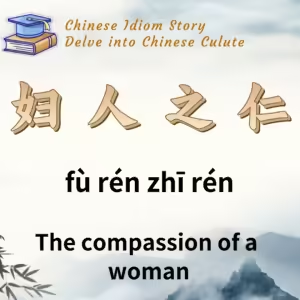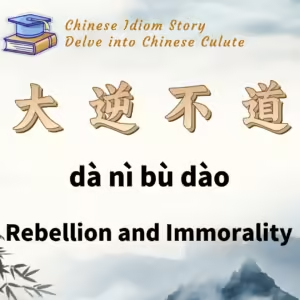
Chinese Idiom: 下车泣罪 (Xia Che Qi Zui)
English Translation: To dismount and weep over the crime
pīn yīn: xià chē qì zuì
Idiom Meaning: Refers to a leader’s empathy and compassion, feeling sorrow for the criminal’s fate and reflecting on the broader responsibility for their actions. It highlights a leader’s sense of responsibility and their emotional reaction to the failings of their administration or society.
Historical Source: Shuoyuan (《说苑·君道》) by Liu Xiang (刘向) from the Han Dynasty.
Idiom Story:
Yu the Great (大禹), a legendary ruler known for his efforts in flood control and establishing the Xia Dynasty, was once on an inspection tour. During this trip, he saw a man being escorted to punishment for theft. Curious, Yu ordered his carriage to stop and asked about the crime.
The guards informed Yu that the man had stolen rice and was being taken for punishment. Yu dismounted from his carriage and approached the thief, asking, “Why did you steal rice from others?”
The thief, seeing that the questioner was a prominent figure, feared severe punishment and remained silent with his head lowered. Yu, however, did not scold him but instead began to speak gently and shed tears.
Witnesses were puzzled by Yu’s reaction. One of his attendants asked, “Why are you crying for someone who has committed a crime and deserves punishment?”
Yu wiped away his tears and explained, “I am not crying for this man alone but for myself. In the past, when Yao and Shun were leaders, the people were united and righteous. Now, as I lead, the people have not followed the right path, resulting in such crimes. I feel deep sorrow for this failure in my leadership.”
Yu then took a tortoise shell and inscribed the words “百姓有罪,在于一人” (“When the people are at fault, it lies with the leader”) on it. He ordered the release of the thief, demonstrating his compassionate leadership and profound sense of responsibility.
This event gave rise to the idiom “下车泣罪”, symbolizing a leader’s deep empathy and acknowledgment of their own role in the misfortunes of those they govern.






